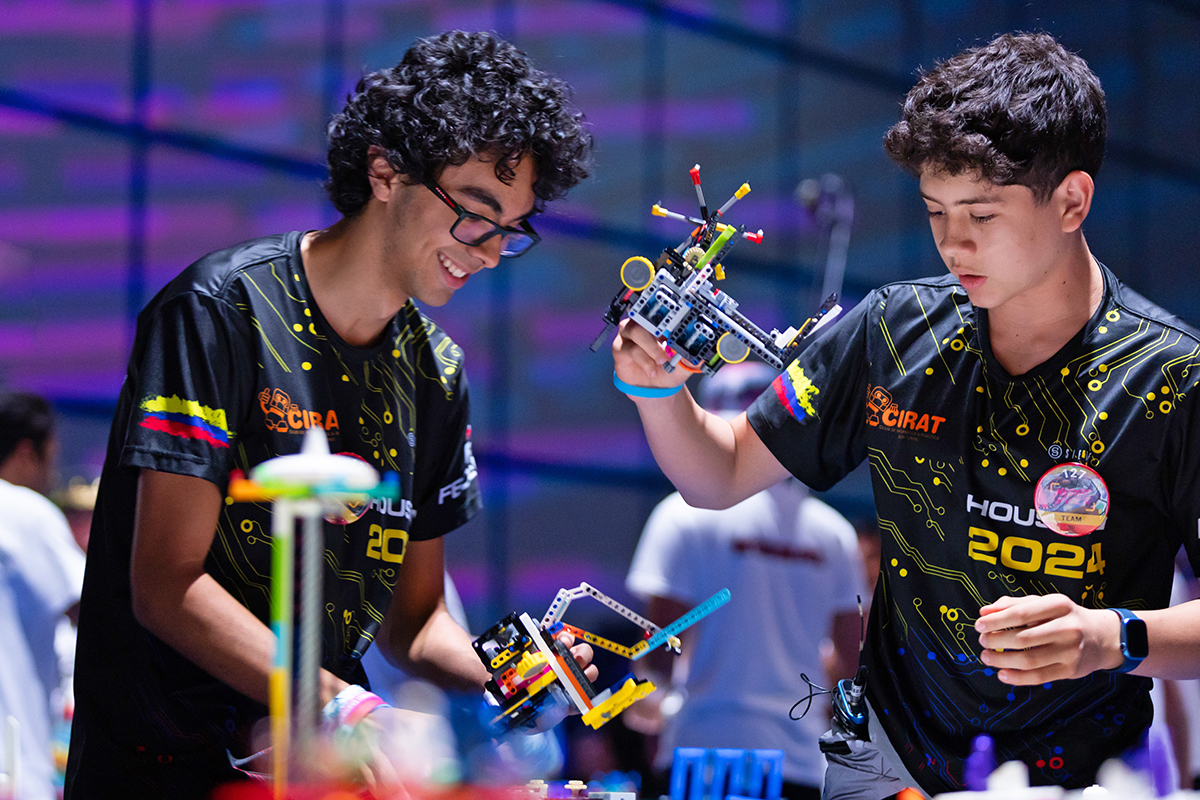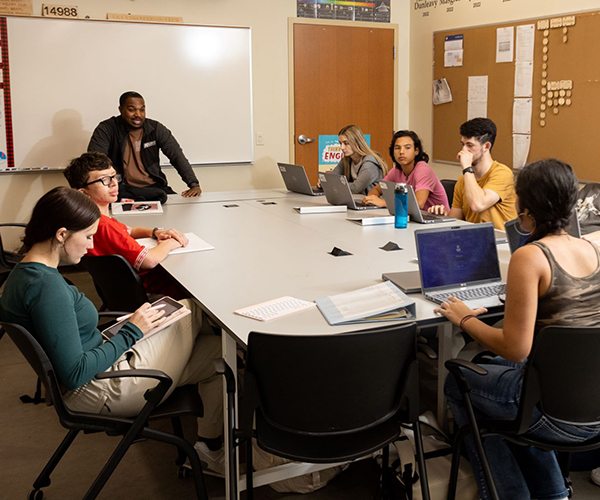Taking the Bully By the Horns
Jul. 20, 2004 | 4:00 AM
They dwell in the unsupervised realms of childhood: the playgrounds, the bus stops, the locker rooms. Their weapons are most often words, but they might also use their fists. They are bullies and their victims could be your children.
A recent study by the KidsHealth KidsPoll, a collaboration of health education centers and foundations, found that 48 percent of 9- to 13-year-olds surveyed had been bullied. About one-third of all students surveyed said they were bullied once in a while, and 15 percent admitted to being bullied at least weekly.
Some children are more likely to be bullied than others, says Dr. Kathleen Quinn, head of child and adolescent psychiatry at The Cleveland Clinic. Children who are small or shy can be targets, for instance, along with those who lack confidence and cry easily in public. Any child who is observably "different," including children with Attention Deficit Hyperactivity Disorder, may also be bullied.
There are also times when bullying is more likely to occur, such as when a child enters a new school. Bullying starts in about the third grade and can continue through the ninth grade.
While preventing it from happening to your child may be impossible, Quinn says there are several things parents can do to stop it, starting with learning to recognize the warning signs:
"Look for changes in your child," advises Quinn, who is also the training director for child and adolescent psychiatry at the Clinic. "Is your child becoming noticeably withdrawn? Talking more negatively about school? Taking more frequent trips to the nurse? Has there been a drop in their grades?" Other signs that ought to make parents suspicious include a child who comes home from school hungry or with ripped clothing or missing possessions.
Quinn says that if parents suspect their child is being bullied, they should "ask specific, concrete, unhurried questions, such as 'Did anything happen at school today that made you uncomfortable?'"
Once parents are certain that bullying is taking place, here are some strategies to stop it:
• If the bullying poses no physical threat, parents can conduct "social-skill intervention." That means teaching the child how to be assertive, how to keep friends and how to converse effectively with others, among other skills that will make him a harder target for bullies. Parents can do this themselves or enroll their children in a group class.
• Parents can role-play bullying scenarios with their children to teach them effective ways of countering the bully's advances.
• If the bullying goes beyond hurtful words, then parents must involve a teacher or some other adult who works in a supervisory position where the bullying is taking place.
One crucial thing for parents to remember is to listen to their children.
"It's a very common-sense thing," Quinn says, "keeping the lines of communication open."
Trending
-
1
-
2
-
3
-
4
-
5










